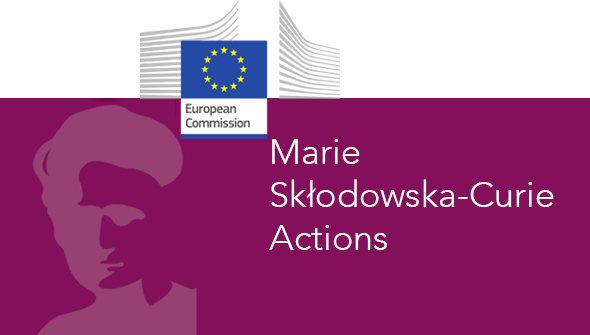It is time again for the Aurora Biannual! This community-building event, taking place twice a year, is the ideal opportunity to connect with Aurora colleagues from different universities.
Spread over the entire day of Thursday, May 20th and Friday, May 21st until Mid-afternoon, academics, students, university leaders and administrators will come together to continue ongoing work, meet new colleagues and celebrate existing friendships.
Register here
The Aurora Spring 2021 Biannual commences with a plenary session featuring European Commissioner Mariya Gabriel (in a recorded address) and a panel discussion on the future of academic collaboration between British and other European universities following Brexit. Prof. Paul Boyle, the vice-chancellor of Swansea University, UK and EUA Vice-President, will discuss this and join a panel discussion with Prof. Yassine Lakhnech (president of the University of Grenoble Alpes, member of Aurora) and an Aurora student representative (TBC). The panel will be moderated by John Style, Vice-Rector International of the University of Rovira i Virgili.
The first full day on May 20th will end with a lively and informal virtual reception. Jón Atli Benediktsson will be introducing the incoming Aurora Secretary-General.
In between Plenary and Reception, the first Biannual day will offer many active Aurora task teams the time to sit and work together in parallel time slots in the morning and early afternoon. Simultaneously, the Aurora presidents will discuss their vision of Aurora’s future and the future benefits of being an Aurora university.
The afternoon will also feature four broad parallel sessions, each covering one of the more overarching themes of Aurora, such as “Education”, “Stakeholders”, “Academic engagement”, and “Sustainability”. Aurora welcomes president Joan Gabel of the University of Minnesota as a guest of honour. President Gabel will take part in the “Sustainability” session and share her views on the topic.
On Friday, May 21st, both the Aurora Universities Network and the Aurora European University Alliance will have a session of their respective supreme governance bodies: the Network General Council and the Alliance Board of Presidents. These formal meetings will be part of the first and second Friday parallel timeslots. The Aurora Network, General Council meeting, will run concurrently with many dissemination sessions in which Aurora Biannual participants can find out about tools and services being developed to help Aurora academics, students and administrators. The Aurora Alliance Board of President’s meeting will run simultaneously with more task team working sessions.
For more information on the biannual, please take a look at the programme below:
Programme Aurora Biannual Spring 2021














